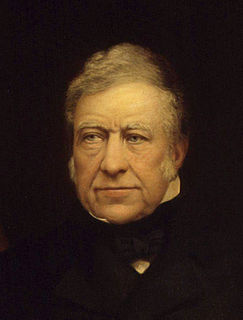A Quote by Kenneth E. Boulding
The greater the penalties laid on sellers in the black market... the higher the black market price.
Related Quotes
I have read a great deal of economic theory for over 50 years now, but have found only one economic "law" to which I can find NO exceptions: Where the State prevents a free market, by banning any form of goods or services, consumer demand will create a black market for those goods or services, at vastly higher prices. Can YOU think of a single exception to this law?
Near the top of the market, investors are extraordinarily optimistic because they've seen mostly higher prices for a year or two. The sell-offs witnessed during that span were usually brief. Even when they were severe, the market bounced back quickly and always rose to loftier levels. At the top, optimism is king, speculation is running wild, stocks carry high price/earnings ratios, and liquidity has evaporated. A small rise in interest rates can easily be the catalyst for triggering a bear market at that point.
Black-Scholes is a know-nothing system. If you know nothing about value - only price - then Black-Scholes is a pretty good guess at what a 90-day option might be worth. But the minute you get into longer periods of time, it's crazy to get into Black-Scholes. For example, at Costco we issued stock options with strike prices of $30 and $60, and Black-Scholes valued the $60 ones higher. This is insane.





































